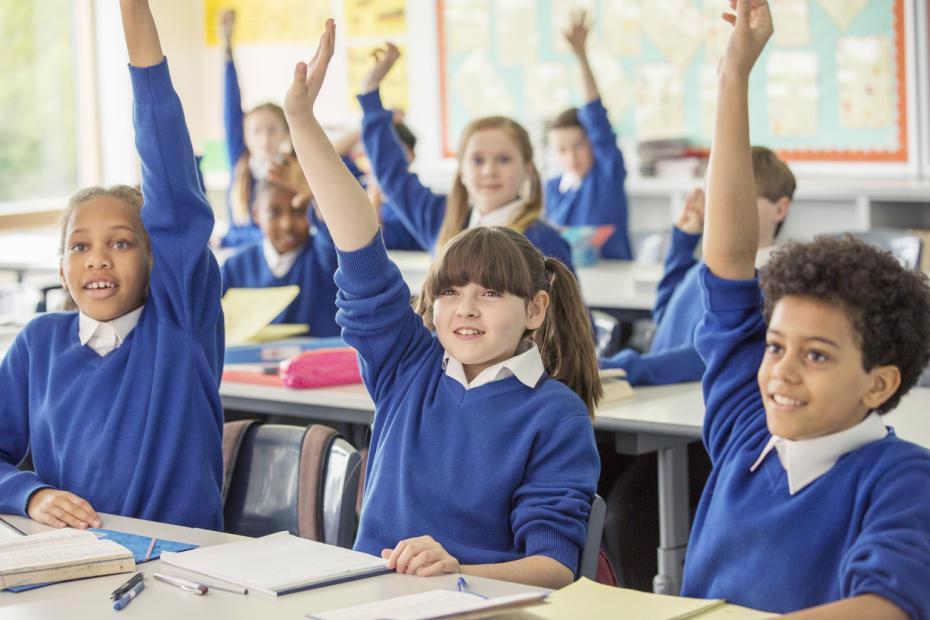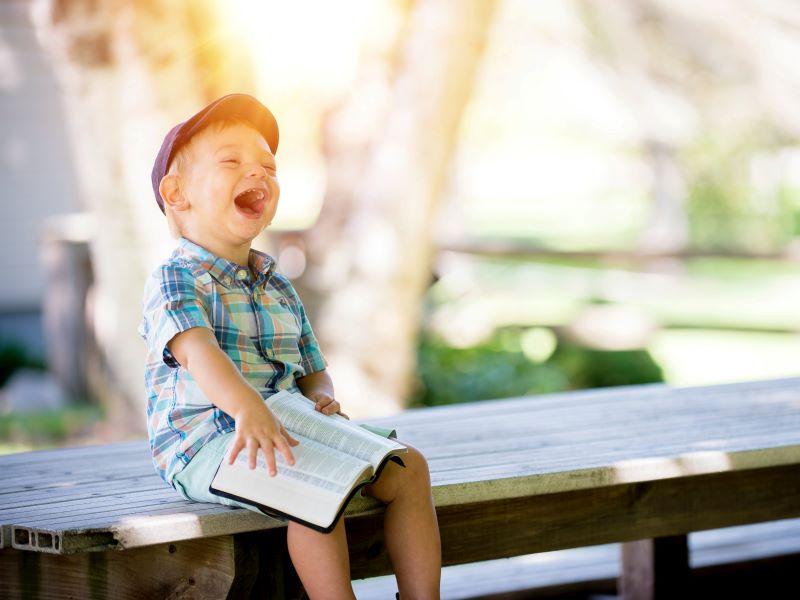
Raising aspirations: lessons in running a young scholars programme
Widening access to higher education for children from disadvantaged backgrounds is a priority for UK universities. Here, Valsa Koshy outlines lessons from a successful programme for primary school pupils

Improving the life chances of children from disadvantaged backgrounds is high on the Department for Education’s agenda, and universities’ widening participation programmes seek to increase the number of students from low-income and other under-represented backgrounds. In 2022, the Office for Students set a new expectation “that universities and colleges should partner with schools and other local organisations to raise the attainment of young people”.
Brunel University London’s Young Scholars Programme is aimed at primary schools. It operates on the principle that talent may be submerged, but not eradicated, by social disadvantage. Our intervention programmes are aimed at improving the life chances of young people living in challenging circumstances, and we do this by raising children’s aspirations and supporting them to explore their passions and see their potential.
Self-concept and attitudes to learning in children’s early stages of schooling influence their life trajectories, future success and well-being. Realising the importance of working with parents and schools earlier in children’s lives led us to launch the programme in 2018. Initially focused on Key Stage 1, the programme has since been extended to Key Stage 2. Here are some tips for developing such schools programmes, based on what we have learned.
1. Establish partnerships with schools
Consult with head teachers and parents and take their voices into account in planning the programme. Responding to schools’ needs is integral to the support we provide. We help schools with development plans, Ofsted inspections, professional development and educational materials. Schools welcome our involvement and benefit from the range of expertise and access to up-to-date research on effective teaching and learning that a university can offer.
- Universities must take a more holistic approach to social mobility
- How to design early college programmes that foster success for under-represented students
- Targeted advice and guidance is crucial for widening participation
2. Include whole schools where the level of deprivation is high
Rather than just working with groups of children who are receiving free school meals or pupil premium grants, we focus on whole schools where 25 percent or more children receive free school meals. Many families are just outside the cut-off and value support, too.
3. Parental support is vital to raise children’s aspirations and achievement
All the parents we interviewed wanted their children to go to university and get good jobs, but many felt they lacked the expertise to guide their children. Engagement with families has a positive impact not only on children’s learning, but also on their self-esteem, confidence and well-being. Talks, workshops and activities where children and parents can work together proved effective. Our Learning Maths Together programme for parents and children was set up because many parents don’t have the confidence to help their children with mathematics. For many families, completing maths homework increases stress levels in the home.
Parents appreciate support with finding and nurturing children’s gifts, talents and passions. The concept that intelligence isn’t fixed and that we can change children’s learning power helps children abandon the deterministic attitude that they are destined to be in low-ability groups and stay there forever. We also emphasise the importance of health and well-being. Workbooks are provided as accessible and engaging hard copies. For many children who have no access to computers and printers and sometimes no books at home, the joy of owning their own workbooks can be a great motivator.
4. Develop high-quality educational resources for seven- to 11-year-old children
The highlight of the Key Stage 2 programme has been a regular educational magazine focusing on talent development. It’s called “Eureka Explorers” to symbolise the joy of learning discovery and was created by an interdisciplinary team of academics, head teachers, teachers and children. This engaging educational publication for seven- to 11-year-olds provides cognitively challenging fun activities for all children and with links across the national curriculum. The focus is on Howard Gardner’s multidimensional model of talent search and nurture.
Children are captivated by a broad range of topics, from science, language and maths, short stories and quizzes to health and well-being. The intervention also helps develop skills needed to succeed in life: critical thinking, problem-solving, talent development, creativity and curiosity.
An accompanying learning journal encourages children to produce their own creative work and serves as a monitoring tool to evaluate impact and progress. Childrens’ work is then published in Eureka Explorers.
Eureka Explorers helps children build their general knowledge and cultural capital. Ofsted expects schools to equip children with “the essential knowledge that pupils need to be educated citizens, introducing them to the best that has been thought and said and helping to engender an appreciation of human creativity and achievement”. We found that many children from disadvantaged backgrounds don’t have access to factual or fiction magazines and are behind their peers in general knowledge. Taken together, this makes it more difficult for them to engage with children from more privileged homes.
Teachers use the magazine as a classroom resource with guidance given by the programme team. Magazines and journals are provided as hard copies so that children can read and write in them.
Teachers say that Eureka Explorers sparks curiosity among students and encourages even reluctant workers to engage in more reading and personal research. The excitement is palpable, with one class teacher telling us: “They ask all day if they can work on the magazine. No rolling eyes when magazine time is introduced.”
Valsa Koshy is professor of education and co-founder and director of the Brunel Able Children’s Education Centre at Brunel University London. Working with international experts she founded the Urban Scholars Programme in 2000, which works to support teenagers and address concerns over the lack of progress among students from underrepresented groups.
If you found this interesting and want advice and insight from academics and university staff delivered direct to your inbox each week, sign up for the Campus newsletter.
Additional Links
Read more about the Urban Scholars Programme and Brunel's Able Children's Centre in a Times Higher Education article published in 1999: Young, gifted and on the right track


